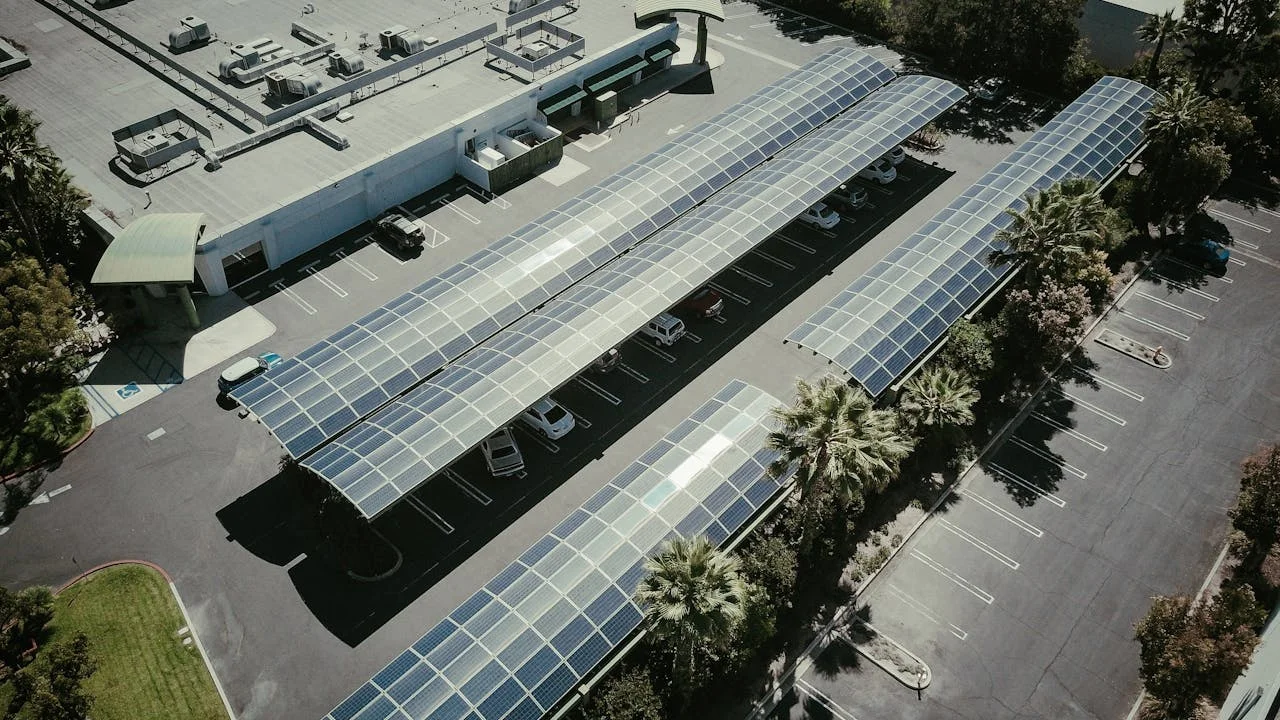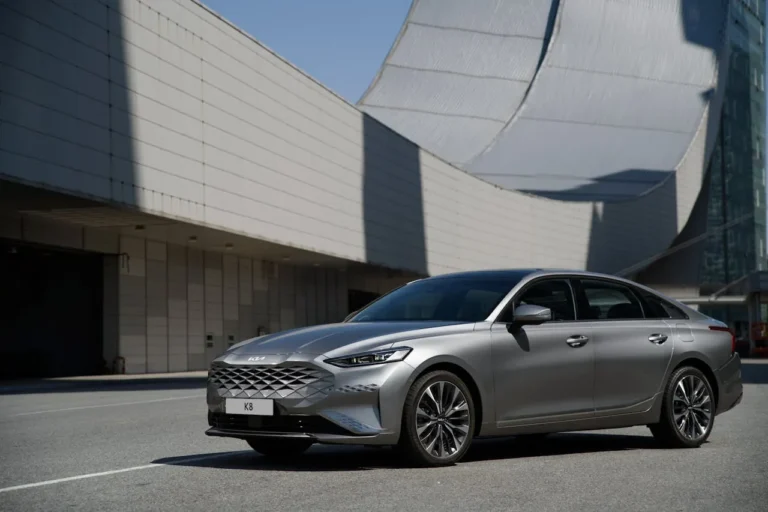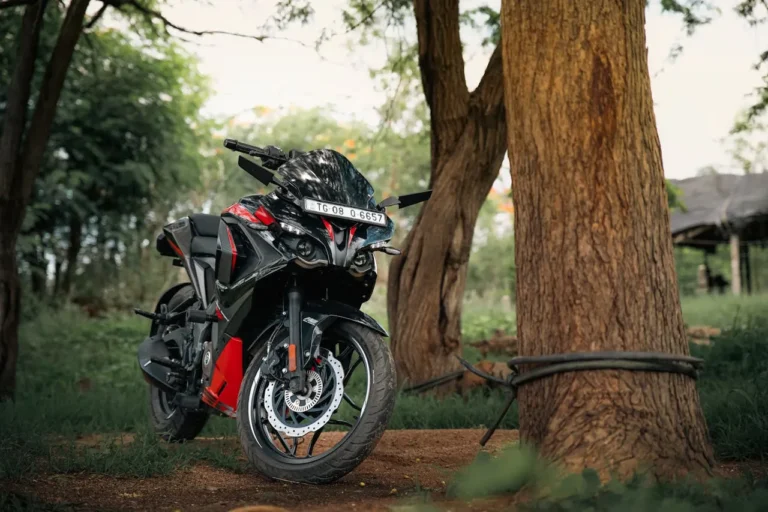
Ford is dedicated to creating a more sustainable, inclusive, and equitable transportation future, with a commitment to sourcing 100% carbon-free electricity for global manufacturing by 2035. In 2023, Ford achieved 70.5% carbon-free electricity usage in its global manufacturing operations.
Solar power plays a crucial role at key Ranger and Everest production facilities in South Africa and Thailand. Ford has installed the largest solar canopy car parks in Africa (Silverton Assembly Plant) and Thailand (Ford Thailand Manufacturing).
“Solar canopy car parks present an incredibly exciting opportunity for Ford, as they utilize spaces that would otherwise have limited use,” said Andrea Cavallaro, director of operations for Ford’s International Market Group.
Renewable Energy
“Car parks have immense potential for photovoltaic systems, converting solar energy into electricity,” said Cavallaro. “They provide shelter for finished vehicles from rain and excessive heat while generating power for nearby facilities.”
At Ford’s Silverton Assembly Plant in Pretoria, a 13.5-megawatt solar carport with parking for over 3,500 vehicles was completed in 2022. It now supplies 18% of the electricity needed to produce each Ranger, allowing over 20,800 Rangers to be manufactured annually using solar power. Similarly, at Ford Thailand Manufacturing (FTM), a recently activated 7.7-megawatt solar carport shelters more than 1,500 vehicles. The solar roof reduces annual CO2 emissions by over 5,700 tons and supplies up to 20% of the energy needed to produce each Ranger and Ranger Raptor, enabling the annual production of approximately 21,000 vehicles using solar power.
Auto Alliance Thailand has announced plans to construct an 8-megawatt floating solar energy array near its Rayong facility, scheduled to go online in September. This project will offset over 5,400 tons of CO2 emissions per year, supplementing the existing 6-megawatt solar project, making AAT Ford’s largest user of solar energy in the region at 14 megawatts.
“At Ford, we focus on environmental quality in both our products and manufacturing processes. We strive to conserve water, reduce waste, and transition to carbon-free electricity. Initiatives like solar canopy car parks and floating solar farms are essential to our Road to Better commitment, helping build a more sustainable, inclusive, and equitable transportation future,” said Cavallaro.
“These systems make productive use of otherwise inert spaces and significantly contribute to our production needs, reducing our reliance on fossil fuels and aiding in our mission to build a better world.”









